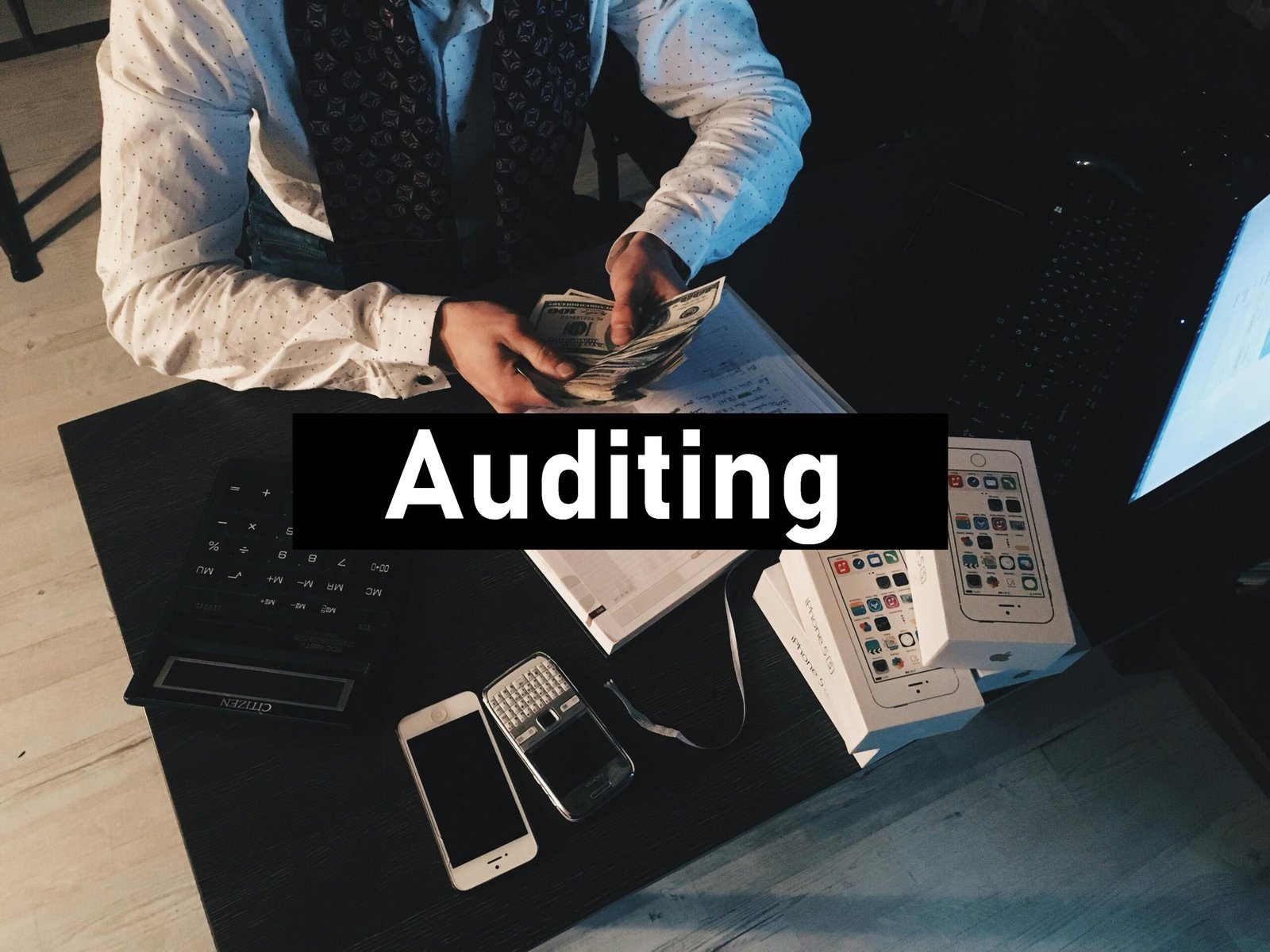B.Com in Auditing is a specialized undergraduate degree program that focuses on developing students’ understanding of auditing principles, techniques, and practices within the broader field of accounting.
Here’s an overview of what the program typically covers:
1. Foundation in Commerce: The program usually starts with foundational courses in commerce, providing students with a solid understanding of basic concepts in accounting, economics, business law, and management principles.
2. Auditing Principles: Students delve into the fundamental principles of auditing, including the concept of independence, integrity, objectivity, and professional skepticism. They learn about the importance of ethical behavior and professional conduct in the auditing profession.
3. Audit Procedures and Techniques: The curriculum covers various audit procedures and techniques used to examine financial statements and internal controls of an organization. Students learn how to plan, conduct, and conclude an audit effectively and efficiently.
4. Audit Risk Assessment: Understanding and assessing audit risks is a crucial aspect of auditing. Students are taught how to identify and assess various types of risks, such as inherent risk, control risk, and detection risk, and develop strategies to mitigate these risks.
5. Internal Control Systems: A significant portion of the program is dedicated to studying internal control systems within organizations. Students learn about the design, implementation, and evaluation of internal controls to ensure the reliability of financial reporting and safeguarding of assets.
6. Audit Reporting: Students learn how to communicate audit findings effectively through audit reports. They understand the different types of audit opinions, such as unqualified, qualified, adverse, and disclaimer opinions, and the circumstances under which each opinion is issued.
7. Legal and Regulatory Framework: The curriculum covers the legal and regulatory framework governing auditing practices, including relevant laws, standards, and regulations issued by regulatory bodies such as the Securities and Exchange Commission (SEC) and the Financial Accounting Standards Board (FASB).
8. Fraud Examination: Given the increasing importance of fraud detection and prevention, students are introduced to the principles and techniques of fraud examination. They learn how to detect, investigate, and prevent fraud within organizations.
9. Professional Development: The program emphasizes the development of students’ professional skills, including communication, critical thinking, problem-solving, and teamwork. Students are encouraged to participate in internships or practical training to gain real-world experience in auditing.
10. Career Opportunities: Graduates of B.Com in Auditing program are well-equipped to pursue careers in various fields, including public accounting firms, corporate auditing departments, government agencies, non-profit organizations, and consulting firms. They can work as auditors, internal auditors, forensic accountants, compliance officers, or risk management specialists.
Overall, B.Com in Auditing provides students with a comprehensive understanding of auditing principles and practices, preparing them for successful careers in the dynamic and challenging field of auditing, URL – https://auditonline.gov.in/.

